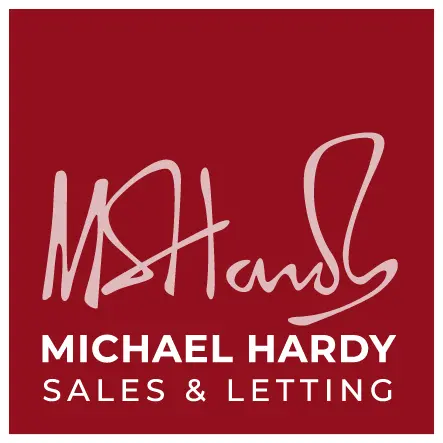There's no getting around the fact that buying a property is a big deal – whether it's your first time or the tenth. The average asking price for a home in England and Wales now stands at more than £300,000, with deposits ranging from five to 20 per cent. There's certainly a lot of money involved.
It's important, however, that you look beyond the initial lump sum and think about all of the costs you're likely to face. Putting the deposit down is a huge step, but the process is in no way completed just yet.
Mortgage repayments
This is perhaps the most obvious point on the list, but it's easy to get caught up in the excitement of moving and forget there'll be mortgage repayments to make once the dust has settled.
Think carefully about how much you can truly afford to pay each month. You may already have a mortgage, or you might be paying rent, in which case you'll have an idea of what you can keep aside for the property.
Your estimates should be made with a little extra money to spare, just so you have some leeway should something unexpected come up.
It's advisable to gather as big a deposit as possible and get that out of the way – you'll find it makes things easier and cheaper in the long run. It might be that you have a shorter agreement or just that your monthly payments are smaller and more manageable.
Additional mortgage fees
The mortgage in itself may lead to a few extra charges, so make sure you've thought about the following:
Arrangement fees are sometimes charged by lenders, and can range from a couple of hundred pounds to as much as one per cent of the mortgage (this may sound small but it can work out to be a pretty sizeable figure). While many companies are happy to add this to the mortgage, some will insist of having it up front.
Broker fees may be expected if you've enlisted help in finding a loan, and again, these can range from a few hundred to a small percentage of the mortgage. This isn't a given, though, so be sure to check when you're looking for brokers.
An indemnity fee can be charged to cover the lender's insurance costs if you have a particularly high loan-to-value ratio.
Valuation
The mortgage lender will also assess the value of the property before they determine how much they're willing to lend you, and some will charge for the privilege. The cost – if charged – could be anywhere from £150-£1,500, depending on how much the home you want to buy is worth.
Any decent lender will be upfront and honest about this kind of stuff so don't be afraid to ask when you're shopping around.
Surveying
You want to make sure that dream home you've found is all it's cracked up to be, right? That's where surveying comes in, and it too must be paid for. It's certainly money well spent, as it gives you confirmation from a professional that there are no issues (if the survey comes back with good news, that is) before you start handing the big money over. The price will vary depending on two main things: the type of survey you need and the value of the property in question.
A basic home condition survey might cost just a couple of hundred pounds, but if a full structural survey is necessary, expect to pay closer to £600 or perhaps even more.
Conveyancing
There's a lot of legal back-and-fore that must happen before a property can fully change hands, and it's all best left to the professionals, who, as you've probably guessed, expect paying for their services.
The help you get will probably be from a solicitor or dedicated conveyancer, who will go through the contracts drawn up and make any necessary enquiries on your behalf. They'll also carry out an official search on the property to obtain any information you might not already have from just from looking and surveying; the council may be planning to build a new block of flats next to your garden, for example.
Conveyancing costs vary from one professional to another, but the average price is often cited to be around the £850 mark.
Stamp duty
Stamp Duty Land Tax is chargeable on all properties over a certain price in England, Wales and Northern Ireland, with the current residential threshold standing at £125,000.
If the purchase price is between £125,000 and £250,000, expect to a tax of pay two per cent. Anything up to £925,000 will be charged at five per cent, with the figure rising to ten per cent in the next bracket, which goes up to £1.5 million. Property costing more than this will have a rate of 12 per cent.
You'll pay even more if the property you're buying is an additional home or if it's being purchased as a buy-to-let investment. You can find more about the recent Stamp Duty reform in our dedicated guide.
Removals
When all of the paperwork and legal wrangling has been dealt with, and you finally have a moving date, you may want to start talking to removals companies. Of course you could do this bit yourself but it can be a massive task if you have a lot to move.
This one's difficult to put a price on as it really does depend on the size of the job in hand and the level of help you need, but £300-£600 would be pretty standard. Just be aware that a lot of companies charge more at weekends, and some even up their fees at the end of the month as this is when most people move. Our advice is to get a quote and weigh it up with the cost of hiring a van and doing it yourself.
We're here to help
Got all of that? It's certainly a lot to consider, so take the time to plan carefully before making any big decisions. Having the right help at hand can make a huge difference, so get in touch with our experts if you still need some questions answering.

